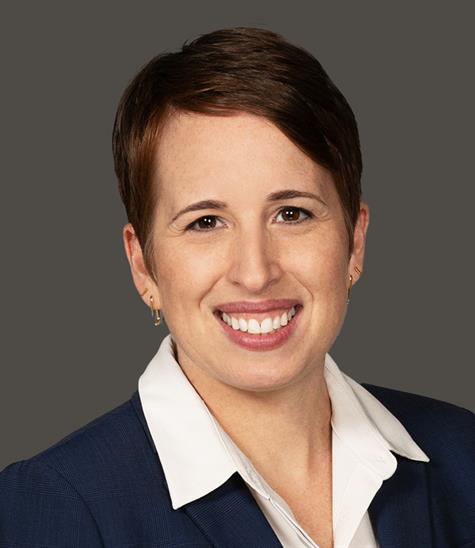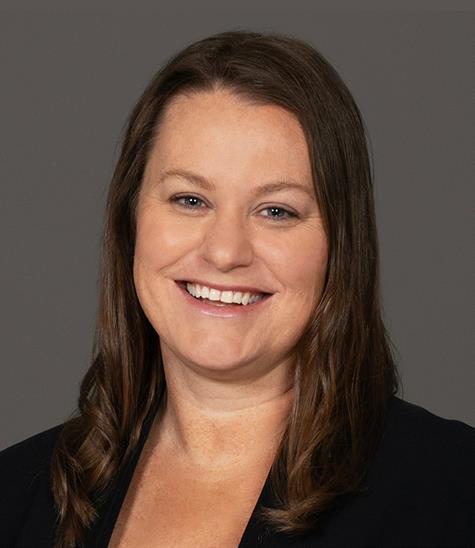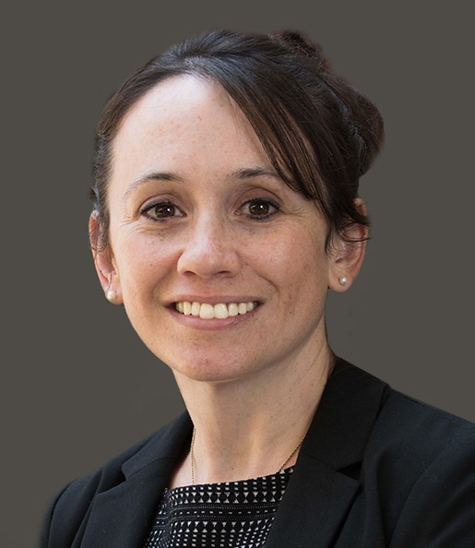
San Francisco Spousal Support Attorneys
In California, spousal support (or alimony) may be provided to either spouse as part of a divorce or dissolution of marriage. The law governing spousal support is very complex and the amount paid depends on the facts of each case. If two people can reach an agreement on alimony, the Court will enforce this agreement regardless of the amount of spousal support the Court would have ordered. However, if an agreement cannot be reached, then parties seeking a divorce will have to litigate spousal support.
Given that the law regarding spousal support is subjective, whether you are seeking alimony or your spouse has requested that you pay spousal support, people are best served by having experienced counsel. We provide the experience, knowledge, and guidance to ensure that support obligations are fair and appropriate.
We represent clients in their spousal support proceedings in San Francisco County, San Mateo County, Marin County, and Contra Costa County.
Speak with a seasoned San Francisco alimony attorney at Van Voorhis & Sosna LLP. Give us a call at (415) 539-0422 or complete our online form.
What is Alimony Based On in California?
In California, alimony is based on various factors. These include:
- the duration of the marriage
- each partner’s earning capacity and current standard of living
- contributions to their marriage (such as jointly-owned property or a professional license)
- debts and assets
- any other financial resources available
- whether either person has experienced a physical disability or illness that might prevent them from adequately providing for themselves in the future
This information is considered by the court when determining the amount of alimony owed between the partners. A divorce settlement from alimony is generally intended to compensate the lower-income spouse for lost income, allowing him or her to continue living as they did during the marriage.
It is possible to grant alimony on a temporary or permanent basis in some instances. Alimony can also be used to help offset other expenses associated with ending a marriage, like attorney and court fees, in addition to maintaining an adequate standard of living.
Understanding Alimony in San Francisco: Local Insights and Resources
In the vibrant city of San Francisco, navigating the complexities of alimony can be particularly challenging. With the high cost of living and unique economic landscape, many residents find themselves facing financial uncertainties during divorce proceedings.
Residents often experience specific pain points when it comes to alimony. The high housing costs in neighborhoods like the Mission District or Pacific Heights can make it difficult for lower-income spouses to maintain their standard of living post-divorce. Additionally, the competitive job market in the Bay Area can complicate the earning capacity of both parties, making it crucial to have a clear understanding of alimony rights and obligations.
Local courts consider various factors when determining alimony, including the duration of the marriage and each spouse's financial situation. Understanding these nuances is vital for residents who may be unsure about their entitlements or obligations. Local resources such as the San Francisco Government offer resources that can help clarify these issues, but having knowledgeable legal counsel can make a significant difference in achieving a fair outcome.
At Van Voorhis & Sosna LLP, we are committed to helping San Francisco residents navigate the complexities of alimony. We understand the local landscape and the unique challenges our clients face. Whether you are seeking alimony or responding to a request for spousal support, we are here to provide the guidance you need to ensure your rights are protected.
Spousal Support Blogs
- Types of Alimony: Which is Right For You?
- CA Alimony: What You Need to Know Before Filing or Responding
- Do You Have To Pay Income Tax on Alimony?
How Long Does Alimony Last in California?
The time limit for paying spousal support in California is half the length of a marital relationship lasting less than 10 years. Long-term unions last for more than 10 years, without a specific duration. If the spouses were separated at any point before the legal divorce, the duration of each separation period may be taken into account when deciding on a support amount.
In California, there are two types of alimony awards: temporary and permanent.
- Temporary alimony is meant to provide for basic needs during the dissolution process and can last up to half of the total duration of the marriage.
- Permanent alimony lasts until either spouse passes away or remarries.
The duration may also be altered if certain criteria laid out by California law are met, such as an increase or decrease in income due to career changes or disability.
Can I Get Alimony After 2 Years of Marriage?
Yes, in California, it is possible to seek alimony after being married for 2 years. Alimony takes into account not just the duration of the marriage but a range of other aspects as well. Nevertheless, the length of the marriage can influence the potential duration of alimony payments. For instance, in marriages that were shorter than ten years, the court may award spousal support for a period equivalent to half the duration of the marriage. So, if your marriage lasted two years, you might be eligible for alimony for up to one year.
If My Wife Filed For Divorce, Can She Get Alimony?
In California, the laws surrounding alimony are gender-neutral. This means that regardless of whether the wife or husband filed for divorce, either spouse may request support. A judge can make a spousal support order in a divorce, legal separation, or domestic violence restraining order case.
How Long After Divorce Can You Ask For Alimony?
Spousal support, is typically discussed and decided during the divorce proceedings. However, it's possible to apply for support post-divorce as long as the court maintains jurisdiction over the matter.
It's important to note that the aim of support is to assist the spouse with lower income in achieving self-reliance. If you've been independently supporting yourself for a significant period without legally mandated spousal support, it's unlikely a California court will award you support at a later stage. Consult with an alimony attorney who can guide you based on your specific circumstances and California law.
To schedule an initial consultation with an experienced San Francisco spousal support lawyer at Van Voorhis & Sosna LLP, contact us online or give us a call.
Meet Our Team
Honest & Upfront Representation
What Sets Us Apart?

-
Over 100 Years of Combined Experience
-
Highly Educated & Recognized for Excellence
-
We Have Certified Family Law Specialists
-
We Add Value for Our Clients







